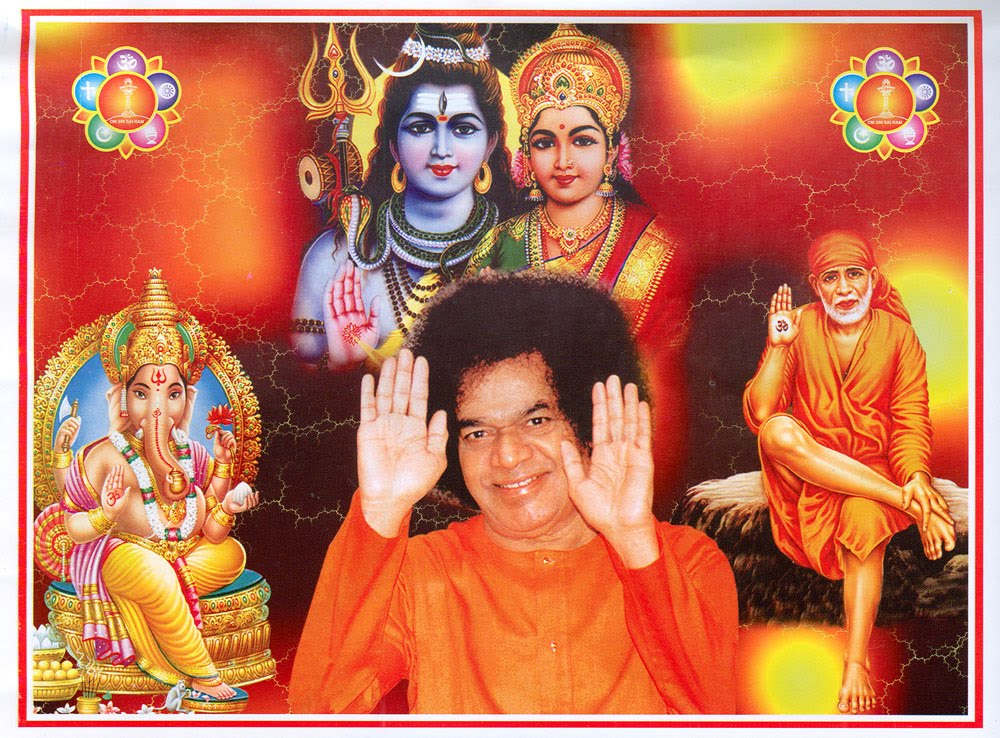
The Inner Significance Of The Story Of Gajendra Moksha
Gajendra was a king in his previous birth and he became an elephant on account of a curse given to him by a sage. Here king signifies Atma. Atma is the king and Paramatma is the kingmaster. This elephant forgot the Atmatatwa and he was leading a life of attachment and illusion, entering the forest of life. Wandering in the forest of life it became thirsty. This thirst relates to the enjoyment of the senses. Immediately it saw a lake. This lake signifies worldly desires and that is called the samsara. He wanted to enjoy the pleasure of samsara and entered the lake. At once a crocodile, which can be compared to 'Mamakara' or attachment and 'Ahamkara' or ego, caught hold of its leg. The elephant was not able to escape from it. It tried all its physical and mental strength but in vain. At last it prayed for God's help. Similarly we are leading our lives entirely depending upon the strength of the body and mind. But these are not capable of giving happiness or peace. When we dedicate these two strengths to God and think that everything depends upon the grace of God, then we may get peace and happiness with the grace of God. When the elephant prayed, God sent his Chakra called "Sudarsana Chakra" and killed the crocodile and saved the elephant. The inner meaning of 'Sudarsana' is "Su" means good - darshan means vision. So Sudarshan is not merely a weapon or instrument: it is the good look of God, when elephant turned his sight to God, the look of God also turned towards the elephant. So also our Bhagawan says "You look to me and I shall certainly look to you".























